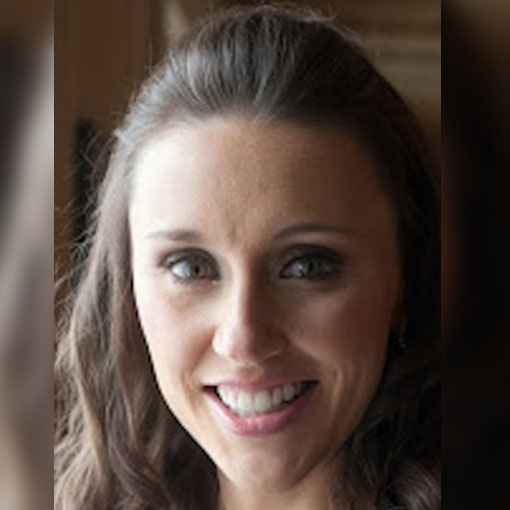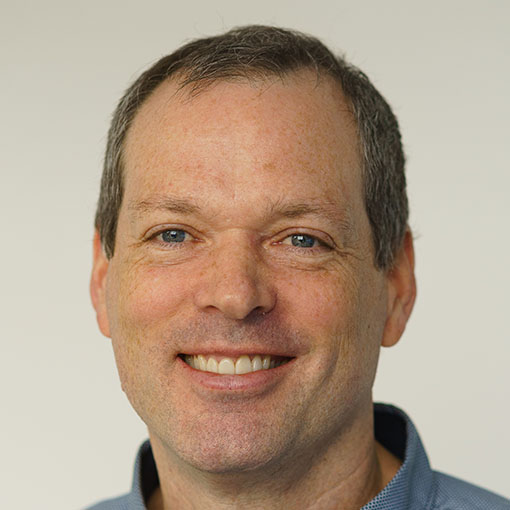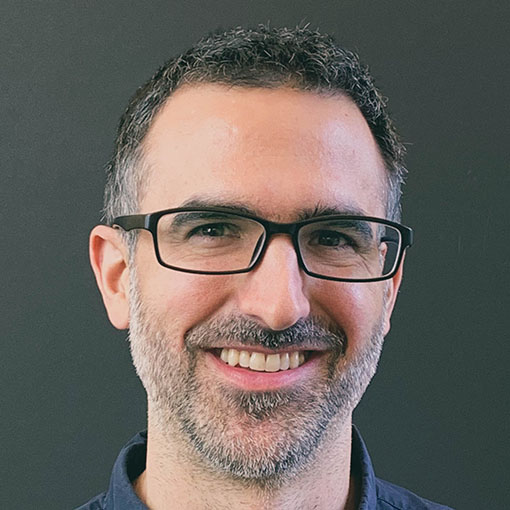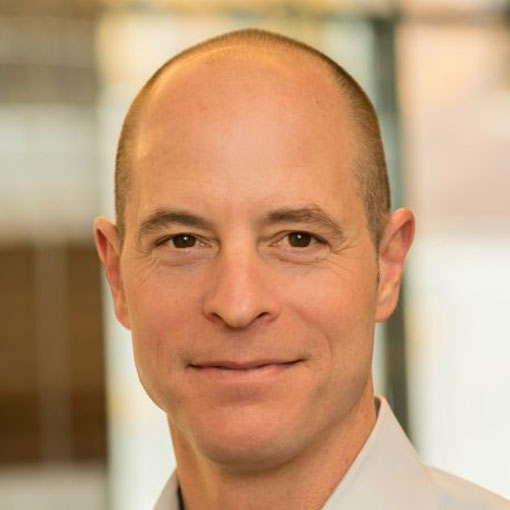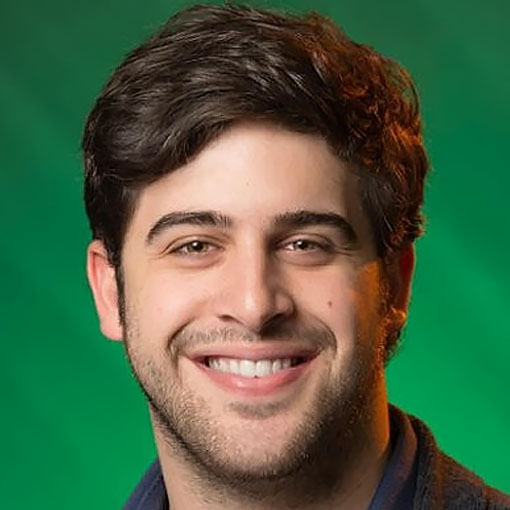Beyond AAV 1.0
The gene therapy boom was built on AAV delivery tech. And recent clinical work has highlighted a variety of major hurdles; payload limitations, safety threats on high doses, fears associated with waning durability for drugs that intended to be priced once-and-done.
What are the leaders in the field doing to break down these barriers — and what could the future hold for AAV and beyond?



